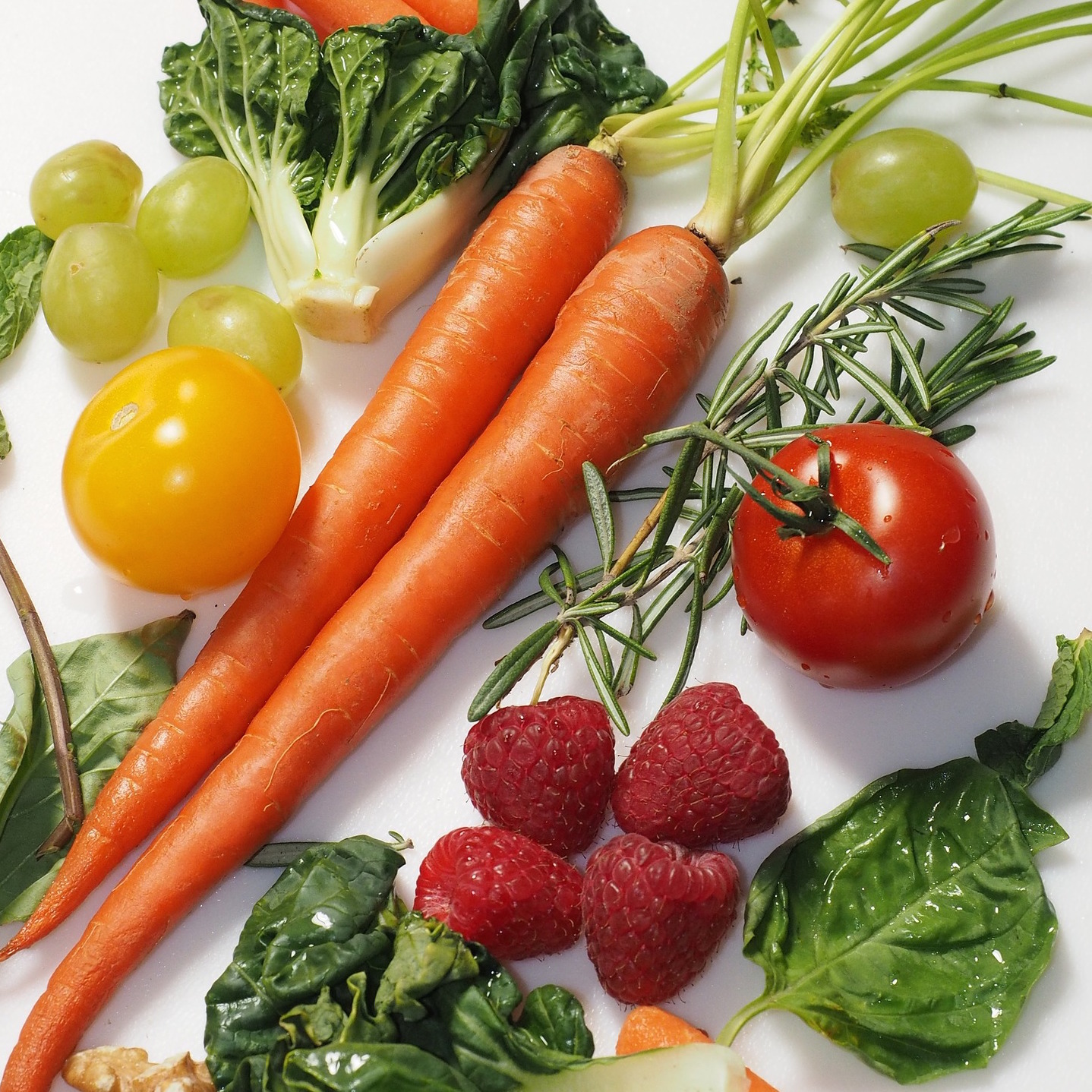
Today, we have increasing evidence suggesting that the microbiota-gut-brain axis has a key role in regulating brain functions, particularly emotional processing and behavior. Many studies have demonstrated that probiotics, such as live bifidobacteria and lactobacilli strains, may reduce anxiety and improve cognition in both rodents and humans. For example, orally administered probiotics have been shown to reduce anxiety, obsessive-compulsive behavior, and improve inflammation-associated sickness behavior, among others. However, their effects on the host microbiome are relatively narrow and, as they are live biotherapeutics, it is difficult to produce and store them.
An alternative strategy is to make use of prebiotics that exist in foods and that stimulate the growth of gut bacteria. Such dietary prebiotics do not have these drawbacks, but they have been poorly explored. Prebiotics are fermented ingredients that can alter the composition and/or activity of the gastrointestinal microbiota, thereby conferring benefits on host health. Some examples of these prebiotics are fibers called galacto-oligosaccharides (GOS), produced through the enzymatic conversion of lactose from cow milk,(and an important component of infant milk formulas), and fructo-oligosaccharides (FOS), present in fruits and vegetables (e.g. bananas, onions, chicory root, garlic, asparagus, jicama and leeks) and some grains and cereals (e.g wheat and barley). Both GOS and FOS are soluble fibers with extensive use as prebiotics that are associated with the stimulation of beneficial bacteria such as bifidobacteria and lactobacilli. A recent study demonstrated that those prebiotics (FOS, GOS, and a combination of both) were able to reduce anxiety and depression-like behavior in mice. And they observed that the strongest effect was found in animals administered with the combination of both FOS+GOS, as the mixture of two different prebiotics leads to a broader range of bacterial stimulation. Interestingly, in this work, they also observed changes in the composition of the microbiota, especially an increase of Akkermansia, known to have a protective role against diet-induced obesity, insulin resistance, and intestinal inflammation. And also an increase of Bacteroides, that have been shown to reverse certain autism-like behaviors in mice, including anxiety and repetitive behavior.
These results, in combination with previous studies, highlight the importance of prebiotics as possible new therapeutic targets in the field of nutritional neuropsychopharmacology. Further studies are needed to prove its efficacy in treating anxiety and depression in humans. This blog was based on a publication by Aurelijus Burokas et al. “Targeting the Microbiota-Gut-Brain Axis: Prebiotics Have Anxiolytic and Antidepressant-like Effects and Reverse the Impact of Chronic Stress in Mice”, Biological Psychiatry (2017), Oct. 1, 82(7): 473-487.
